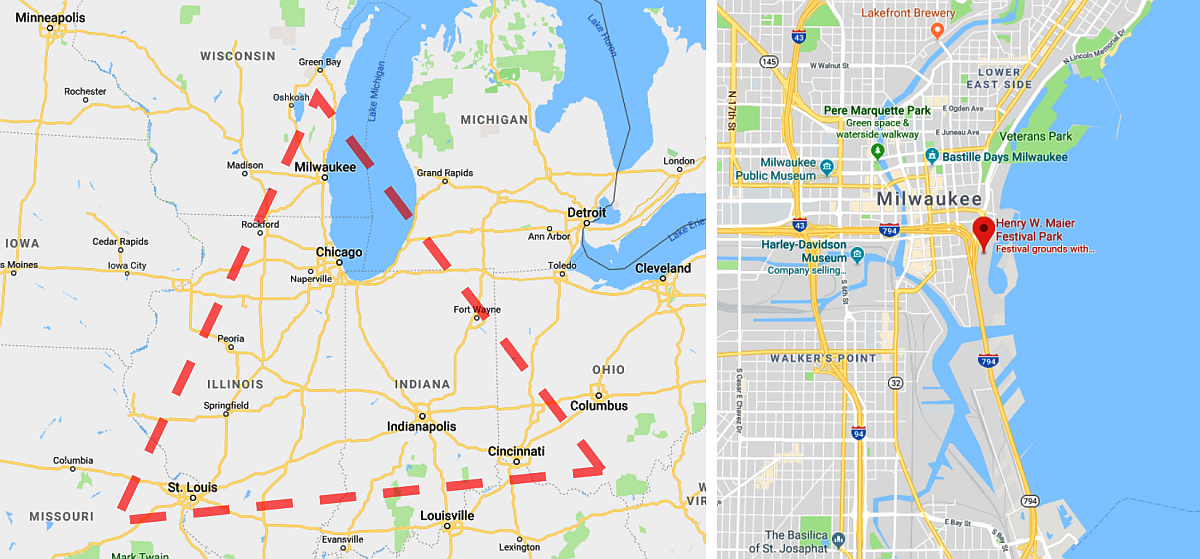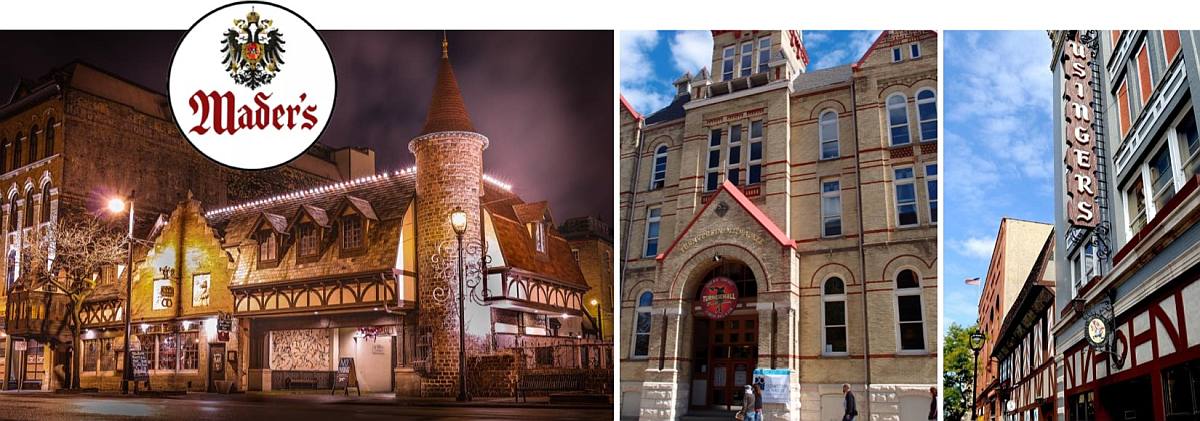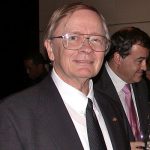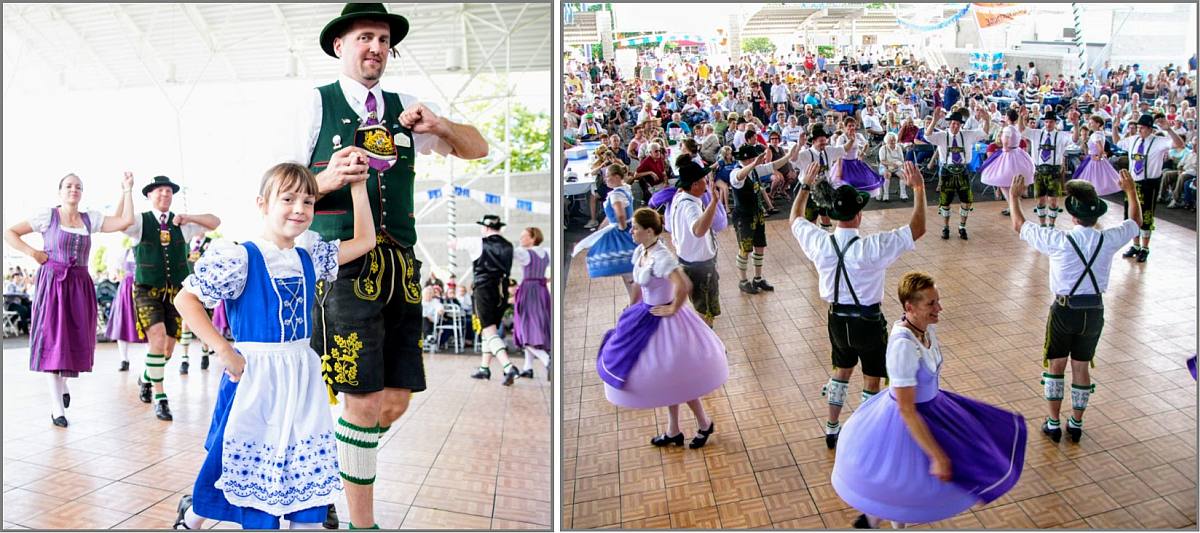Every summer, when July comes around, one of the biggest German-style celebrations takes place — German Fest. Advertised as “Milwaukee’s Original Haus Party,” the event takes place at the Summerfest Grounds in Milwaukee’s downtown.
Held since 1981, the German Fest website notes that it celebrates “German culture and tradition, including all things German — food, travel, history, music, and much more!” It also says: “Some of the best German cuisine can be found at the German Fest festival. Many well-known German restaurants and food services from Southeast Wisconsin make the trip to provide attendees with great authentic German cuisine.’
Milwaukee is an ideal place for one of America’s largest German-style festivals. Historically, the city is famous for being part of the so-called “German Triangle” formed by Milwaukee, St. Louis, and Cincinnati, the three major urban areas noted for their German heritage. With more than half of its population claiming German ancestry, Wisconsin itself has also been known as one of the most German states in the country.

Although it is not the capital city of Wisconsin (Madison is), Milwaukee has always stood at the forefront of the state’s German heritage. Historically it was known as “das Deutsch-Athen Amerikas,” or “the German Athens of America.” Just as Athens, Greece was known as a cultural center in antiquity, so too has Milwaukee been known as a center of German culture in America. German newspapers, music, and theater flourished in the midst of a thriving German-American community. Not surprisingly, a number of German-American authors made their home in this German-American Athens of the Northwest.
One of the best known German-American authors was Konrad Krez (1828-1897). Born in Landau in the Rhenish Palatinate, he took part in the 1848 Revolution and was sentenced to death for his participation in it. He fled to America in 1850, ultimately making his way to Wisconsin and then to Milwaukee. When the Civil War broke out, he joined the Union Army and rose to the rank of Brigadier General. Krez published several books, including Aus Wiskonsin, but his best-known work was a poem: “Da waren Deutsche auch dabei,” “At your side there were Germans too.” Robert E. Ward has translated this and the first stanza reads as follows:
Not as burdens to these shores we throng,
From our cherished German Fatherland.
Indeed, we have brought so much along,
Unknown to you, yet by our hand.
And when from the dense forestal shields,
And the open wilderness you
Wreath’d your vast and verdant fields,
At your side there were Germans too.
Krez goes on in his noteworthy poem to proclaim the many contributions Germans have made to the making of America, finally asking the question: “Wie wär’s mit eurem Staatenbunde, wenn nie zu euch ein Deutscher kam?” “Ever wonder then, what kind of land, ‘twould be if n’er a German came?”
Such works point out the breadth and depth of German contributions to the social, cultural, educational, political, and economic life of America. With that in mind, there are many points of interest in Milwaukee that reflect its German heritage. Some of my favorites are as follows.
Mader’s Restaurant is certainly well known for its fine German food and beverages and Usinger’s is a great place to find German sausages and other meats. And one of my favorite places in Milwaukee is Turner Hall, home of the Milwaukee Turnverein.

Milwaukee was also a historical center of the German brewing industry in America and another important site is the Pabst Mansion, formerly the home of beer baron Frederick Pabst.
So there is much to enjoy in Milwaukee when it comes to German heritage — from today’s German Fest (held in July) to its rich cultural history going back to the days of Konrad Krez.
About the Author

Dr. Don Heinrich Tolzmann
is a member of the Advisory Board and Historian of GAMHOF,
Book Review Editor of German Life
and Associate Publisher of Germerica.net
